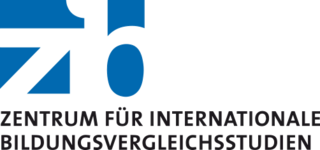A comparison of the development of STEM aspirations in Germany and Canada from PISA 2006 to PISA 2015: Investigating the relationship between motivation in science, realistic career aspirations, and science teaching
Team
- Technical University of Munich, TUM School of Education, Centre for International Student Assessment (ZIB), Munich (PD Dr. Anja Schiepe-Tiska, Anastasia Doroganova)
- Université du Québec à Montréal, Canada (Prof. Dr. Geneviève Taylor➚, Gabrielle Beaupré)
In Germany and Canada, which is one of the top-ranking countries in PISA, an increased number of students can imagine entering a MINT occupation. However, differences can be found in their motivational-affective orientations. While students in Canada are more interested, motivated, and self-effective in PISA 2015, a contrary trend can be observed in Germany. Among girls in particular, interest, instrumental motivation, and self-efficacy have declined significantly since PISA 2006. The project examines the interaction of these characteristics and additionally investigates the role of inquiry-based science teaching as a possible influencing factor. Inquiry-based science teaching remained largely stable in Germany between PISA 2006 and 2015. However, students in Canada reported more frequently that they were allowed to develop own experiments and that teachers showed more often the relevance for students’ daily lives.

